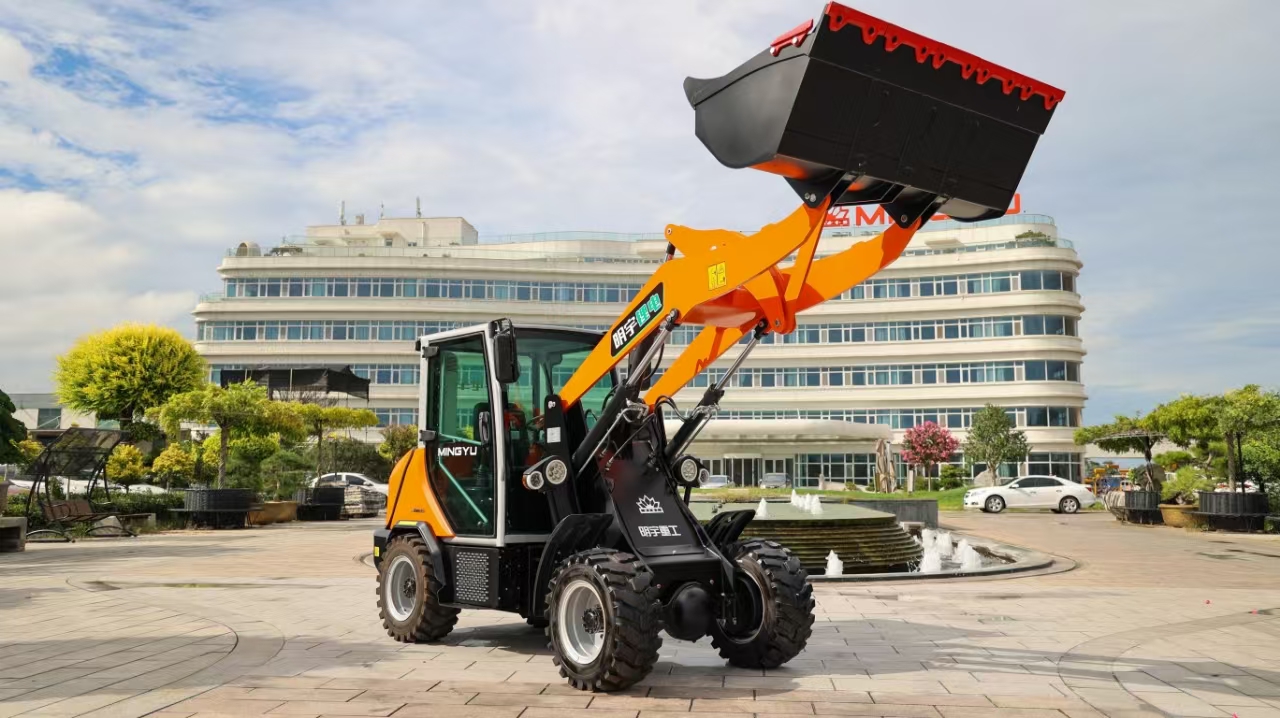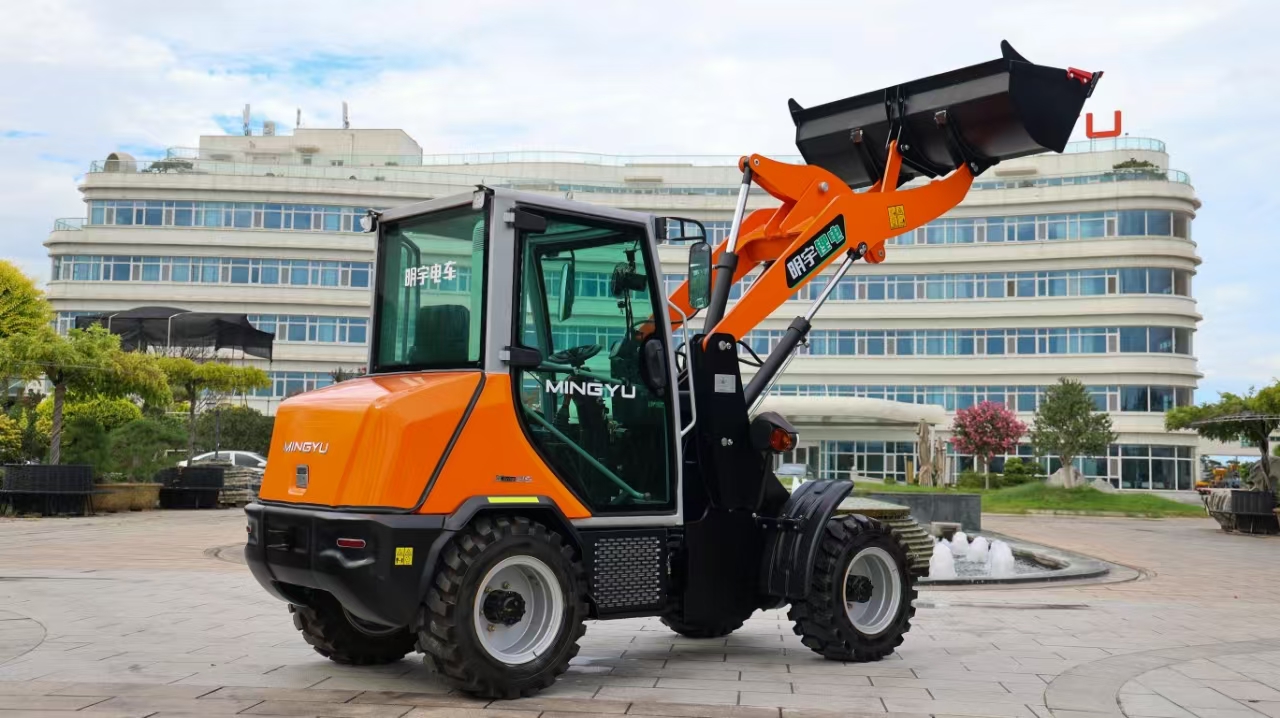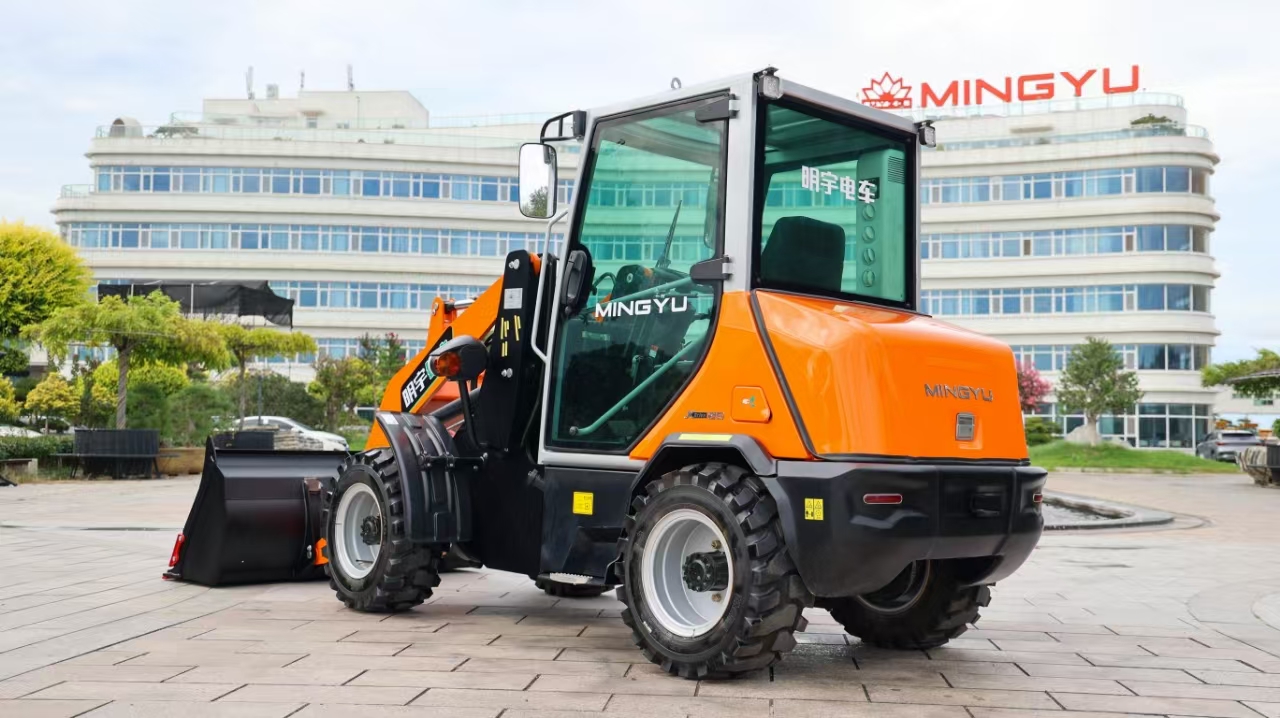How to Buy a Wheel Loader from Chinese Suppliers?
1. Introduction
Wheel loaders are essential machines for a wide range of industries, including construction, mining, agriculture, and infrastructure development. These versatile loaders help with earthmoving, material handling, and site preparation. In recent years, many buyers have turned to Chinese suppliers to purchase wheel loaders due to their competitive pricing, technological advancements, and large manufacturing capacity. This article serves as a complete guide to help buyers safely and efficiently source wheel loaders from Chinese manufacturers.
2. Understanding Your Requirements
Before starting the purchasing process, it’s crucial to clearly define your needs:
Application: Determine where and how the loader will be used (construction site, farm, quarry, etc.).
Load Capacity: Decide on the bucket size and lifting capacity required.
Engine Power and Weight: Match the engine horsepower and operating weight to your job demands.
Attachments: Identify necessary add-ons like forks, grapples, snow plows, or quick couplers.
New vs. Used: Evaluate your budget and workload to choose between new or second-hand machines.
Budget Planning: Include shipping, import taxes, insurance, and maintenance in the total cost.
3. Researching Chinese Suppliers
China has a vast network of wheel loader manufacturers and exporters. Start your search using platforms such as:
Alibaba
Made-in-China
Global Sources
Key considerations:
Factory vs. Trading Company: Factories often offer better pricing and direct support, while trading companies may provide more variety.
Supplier Profile: Check years in business, export markets, and product certifications.
Customer Reviews: Read verified buyer feedback.
Top Chinese Wheel Loader Brands:
XCMG
Liugong
SDLG
Lovol
Heracles
Weichai
4. Due Diligence and Verification
Thoroughly verify the legitimacy of potential suppliers:
Business License: Request and check official business registration documents.
Certifications: Look for ISO 9001, CE, EPA, or other relevant certifications.
Factory Visit: If feasible, visit the factory or hire a third-party inspection agent.
References: Ask for references from previous international buyers.
Warning Signs: Be wary of suppliers with no physical address, evasive communication, or prices that are too low to be realistic.
5. Price Negotiation and Payment Terms
Understand the key pricing and payment elements:
Price Components:
EXW (Ex Works)
FOB (Free on Board)
CIF (Cost, Insurance, Freight)
Payment Methods:
T/T (Telegraphic Transfer): Common for large orders.
L/C (Letter of Credit): Safer for high-value purchases.
Trade Assurance: Available via platforms like Alibaba.
Negotiation Tips:
Ask for volume discounts.
Clarify warranty and spare parts support.
Define lead time and penalties for delays.
6. Product Inspection and Quality Control
Inspection ensures you receive what you ordered:
Pre-Shipment Inspection: Verify the machine’s specs, functionality, and condition.
Inspection Agencies: Use trusted companies like SGS, Bureau Veritas, or Intertek.
Sample Orders: Consider ordering one unit first to assess quality.
Handling Defects: Ensure the contract outlines procedures for addressing defects.
7. Shipping and Logistics
Efficient logistics management reduces delays and extra costs:
Shipping Methods:
Sea Freight: Cost-effective for full containers (FCL) or less-than-container loads (LCL).
Air Freight: Suitable for small parts or urgent deliveries.
Customs and Import Duties:
Know your country’s import taxes and clearance procedures.
Work with a customs broker if needed.
Freight Forwarders: Hiring experienced agents can simplify the process.
Delivery Time: Typically 30-60 days depending on location and order size.
8. After-Sales Service and Support
Reliable support is key to long-term satisfaction:
Warranty Terms: Standard is 1 year or 1000 hours, but this varies.
Spare Parts Availability: Confirm parts are available and affordable.
Technical Support: Ask about remote support or manuals in your language.
Local Partners: Some suppliers have dealers or service centers abroad.
9. Risks and How to Mitigate Them
Common risks and protection strategies:
Fraud:
Use verified platforms.
Avoid upfront full payments.
Quality Issues:
Specify quality standards in the contract.
Insist on inspections.
Delays:
Set clear delivery timelines.
Include penalties for missed deadlines.
Legal Disputes:
Draft contracts with dispute resolution clauses.
Use arbitration if needed.
10. Conclusion
Buying a wheel loader from China can offer significant cost savings and quality products if done correctly. Follow a structured process:
Define your requirements.
Choose reputable suppliers.
Conduct due diligence.
Negotiate fair terms.
Ensure product quality and smooth logistics.
Plan for after-sales service.
With careful planning and risk management, you can build long-term relationships with Chinese suppliers and meet your equipment needs efficiently.
Post time:Jul.29.2025



